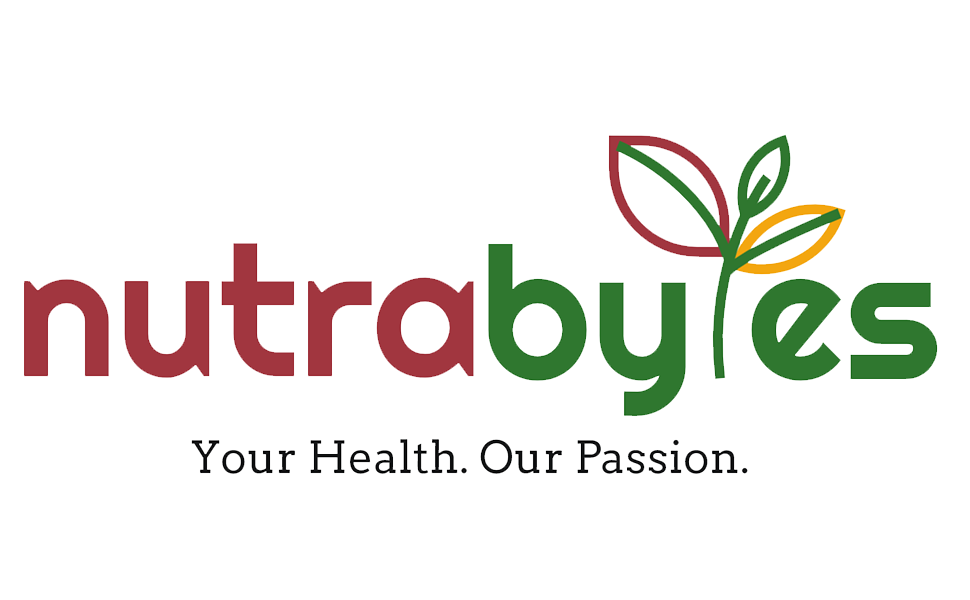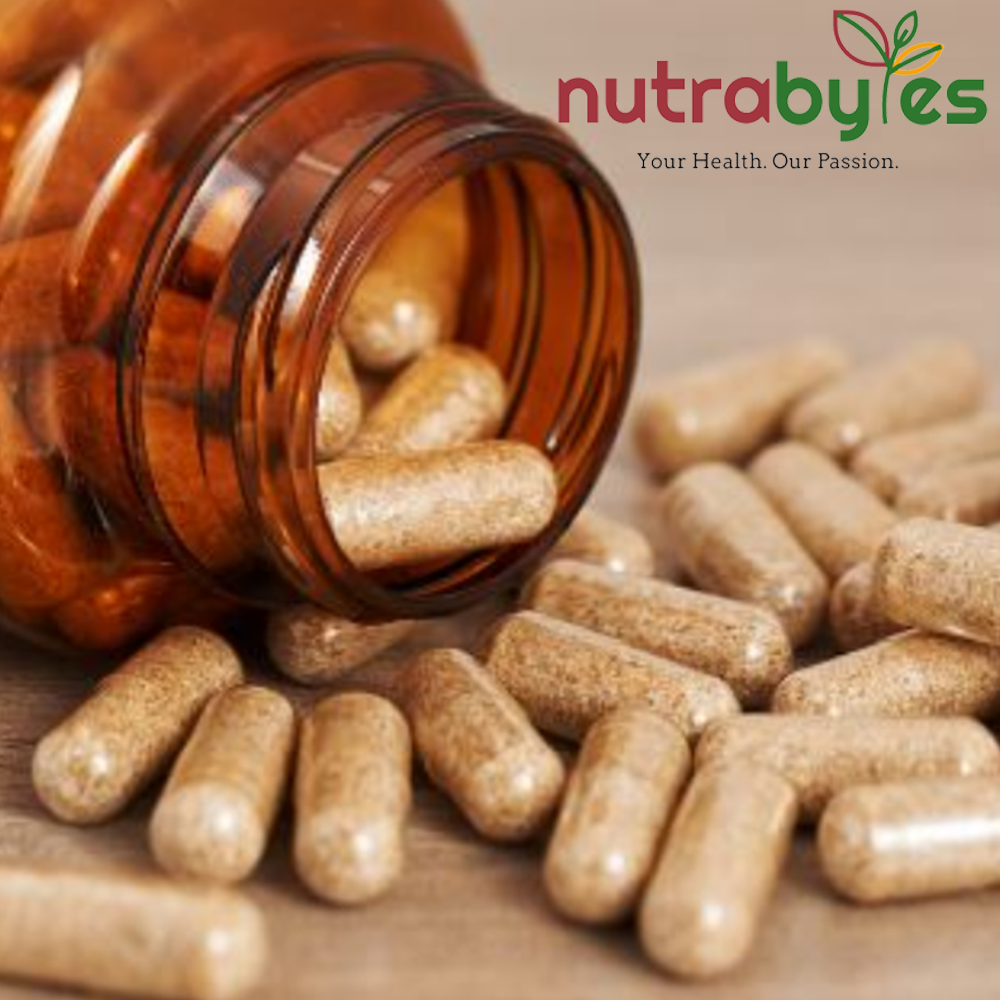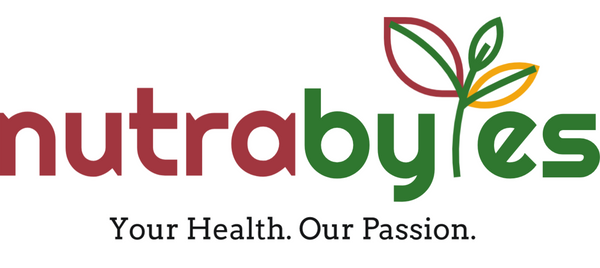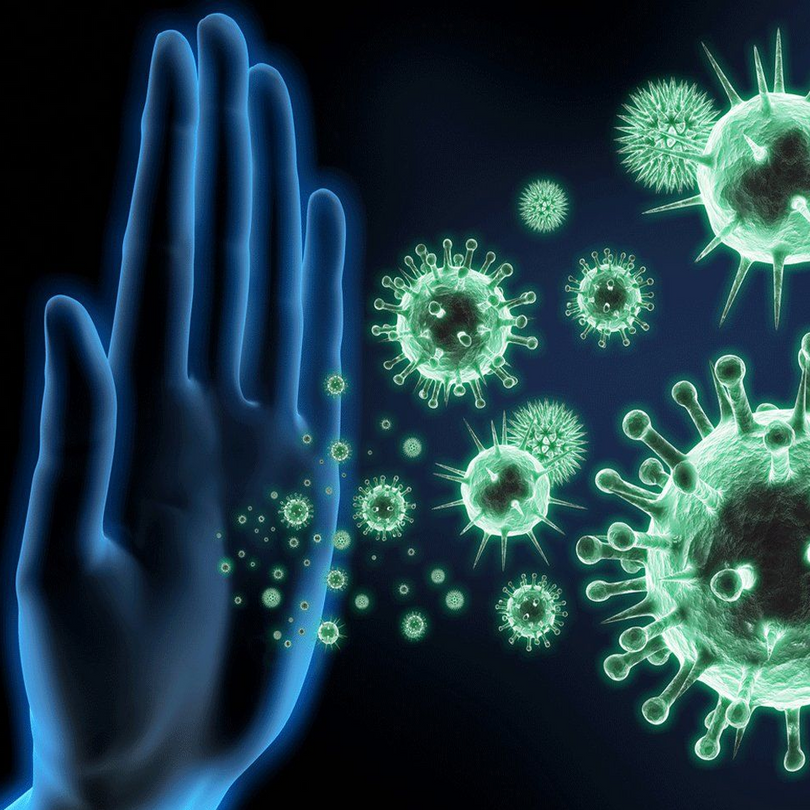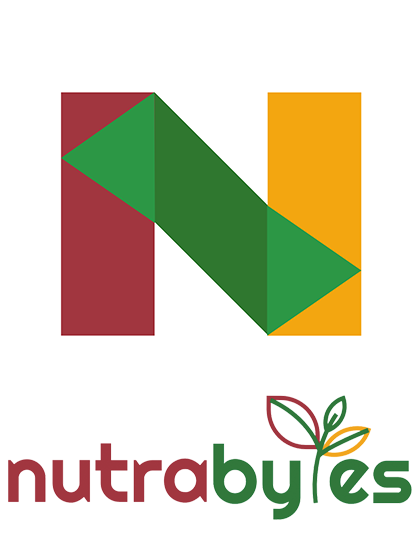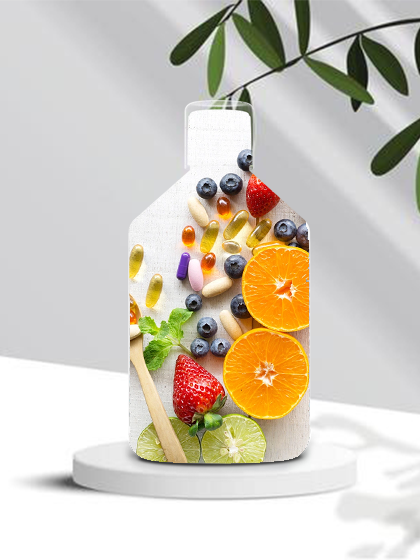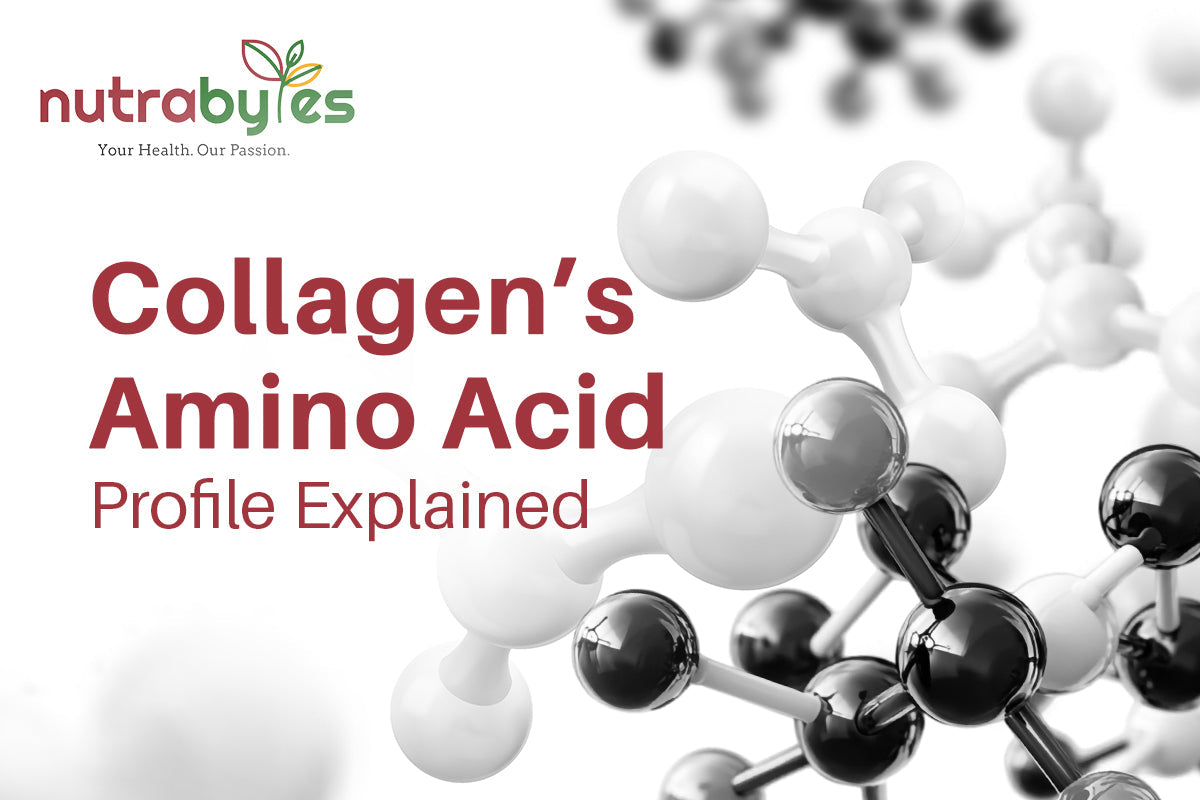While researching collagen supplements for your hair, skin, or joints, you might have come across the fact that collagen is made up of amino acids.
Amino acids, known as the building blocks of proteins, are the nutritive currency of proteins. Unfortunately, consumers know very little about them and the role they play in our health.
The human body needs 20 amino acids to survive.
While there are more than 300 amino acids, it is these 20 key ones that power our day-to-day.
Out of these 20 amino acids, 11 are made by the human body. But 9 needed to be ingested regularly since the body won’t produce them, earning them the moniker of “essential amino acids”.
That’s not to say the other 11 are not essential; they are! But in scientific parlance, they are known as “non-essential amino acids” since the body synthesises them from other compounds. More on their functions later.
When a food contains all 9 essential amino acids, it is known as a complete protein.
Collagen’s amino acid profile has 8 out of the 9 essential amino acids. Its amino acid profile is unique, though not complete.
If you are ready to start taking collagen supplements consistently, here’s what you need to know about the amino acids that make up collagen peptides and what functions they serve.
Collagen’s Amino Acid Profile
Collagen contains all the essential amino acids except tryptophan. Since tryptophan isn’t present in collagen’s amino acid profile, many say collagen isn’t as effective.
That’s not true.
You will get your tryptophan requirements from other proteins that you consume throughout the day. Tryptophan’s absence doesn’t impact the effectiveness of collagen.
Since essential amino acids are obtained solely from food, and our body doesn’t make them, you must meet your daily protein requirements for the healthy functioning of your body.
Collagen does help you meet your daily protein requirements and is a seamless addition to your diet. It is versatile, and you can easily add collagen powders and liquids to juices and smoothies in the morning.
Here’s a list of the 19 amino acids present in collagen and their key functions:
|
Essential Amino Acid Profile of Collagen |
Functions |
|
Histidine |
|
|
Isoleucine |
|
|
Leucine |
|
|
Lysine |
|
|
Methionine |
|
|
Phenylalanine |
|
|
Threonine |
|
|
Valine |
|
Collagen contains the 11 non-essential amino acids.
Your body can make these amino acids, but you must provide it with the requisite raw material, that is, proteins, from which to make them.
Collagen provides you with these necessary raw materials in the form of peptides.
Check out the functions of the 11 non-essential amino acids, that are, well, pretty essential!
|
Collagen’s Essential Amino Acid Profile |
Function |
|
Alanine |
|
|
Arginine |
|
|
Asparagine |
|
|
Aspartate |
|
|
Cysteine |
|
|
Glutamate |
|
|
Glutamine |
|
|
Glycine |
|
|
Proline |
|
|
Serine |
|
Collagen’s structure is primarily made up of glycine, proline, and hydroxyproline. These are the more prominent amino acids that make up the greater part of collagen.
Hydroxyproline is not considered a true amino acid but a metabolite. It is a unique amino acid derivative found almost exclusively in collagen. It plays a critical role in stabilising collagen’s triple-helix structure, giving your skin, joints, and connective tissues their strength and resilience.
The strong triple helical structure of these 3 compounds contributes to the elasticity and structural strength of skin, joints, and hair.
Conclusion: What’s A Great Collagen Supplement for Skin, Joints, and Hair?
Our Premium Marine Collagen Powder Supplement for women and men, provides hydrolysed collagen of types 1 & 3 at 10,000 mg per serving, with ultra-fine peptides for enhanced absorption.
Our customers report smoother skin, thicker hair, and improved skin texture.
Plus, it is sourced from wild-caught fish, is unflavoured, and blends seamlessly into hot or cold drinks.
Why it stands out:
-
High dosage per scoop (10 g of collagen per serving)
-
Type 1 and 3 marine collagen
-
Low molecular weight for better absorption
-
Strong consumer reviews
Collagen’s amino acid profile is unique. If you’re ready to try collagen, check out which Nutrabytes product is the right one for you.
Frequently Asked Questions
-
How do glycine, proline, and hydroxyproline specifically benefit skin health?
These three amino acids form the structural backbone of collagen, enhancing skin elasticity, especially as natural collagen production declines with age.
-
What role does hydroxyproline play that other amino acids don’t?
Hydroxyproline stabilises collagen’s triple helix. It's unique to collagen and is rarely found in other proteins.
-
Is collagen better taken with other protein sources for a full amino acid profile?
Yes. Since collagen lacks tryptophan, pairing it with complete proteins, like eggs, legumes, or whey, helps round out your daily amino acid intake.
-
What’s the significance of low molecular weight peptides in collagen supplements?
Smaller peptides are absorbed more efficiently into the bloodstream, increasing bioavailability and speeding up visible results.
-
How does marine collagen compare to bovine collagen in amino acid composition?
Marine collagen (Type 1 & 3) is richer in glycine and proline and has a lower molecular weight than bovine collagen, making it better suited for skin and hair.
-
Why do some users experience faster results with collagen than others?
This often boils down to peptide quality, dosage, individual metabolism, and regularity. Collagen supplements like Nutrabytes' Premium Marine Collagen Powder provide higher bioavailability for quicker results.
References
Paul, C., Leser, S., & Oesser, S. (2019). Significant Amounts of Functional Collagen Peptides Can Be Incorporated in the Diet While Maintaining Indispensable Amino Acid Balance. Nutrients, 11(5), 1079. https://doi.org/10.3390/nu11051079
